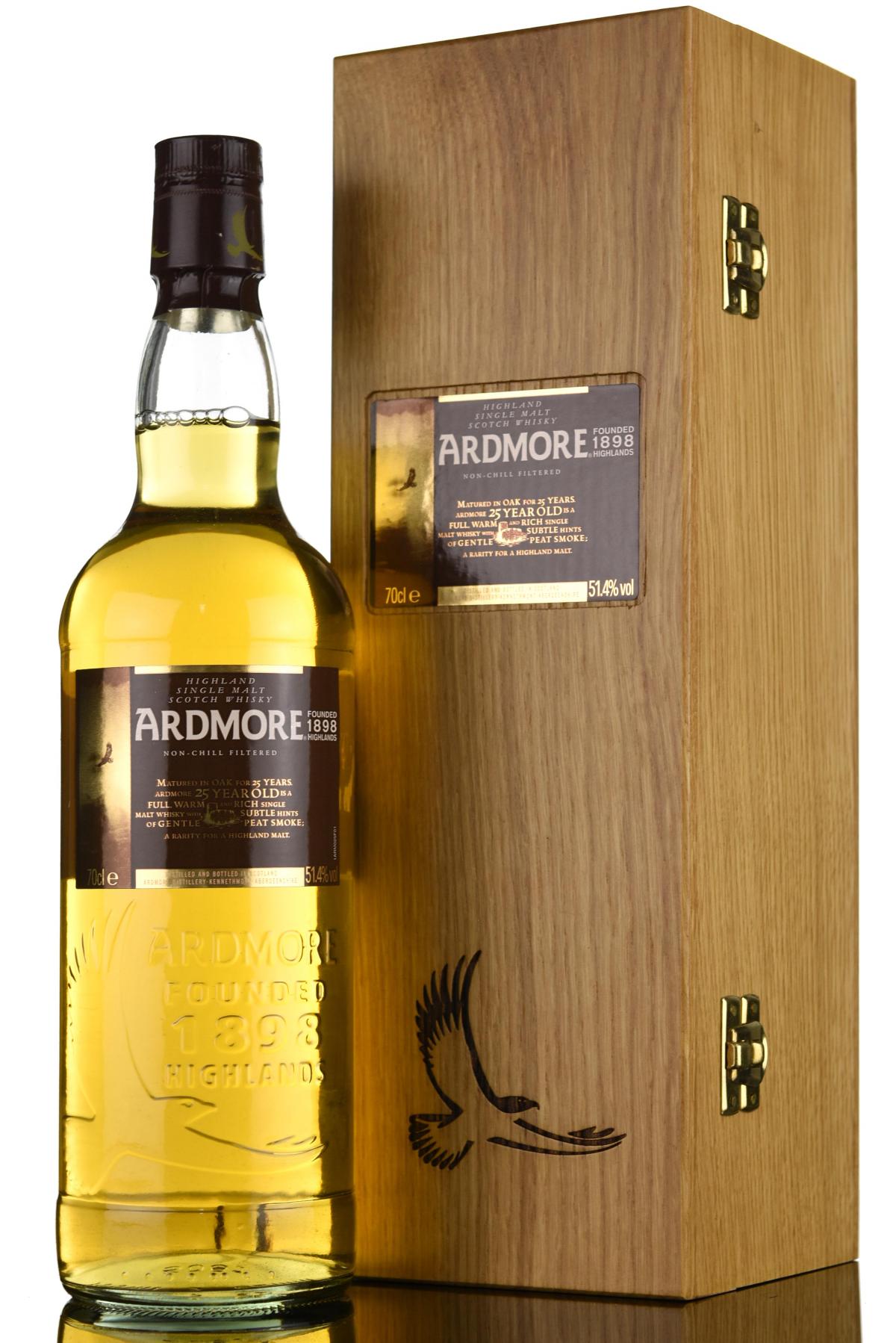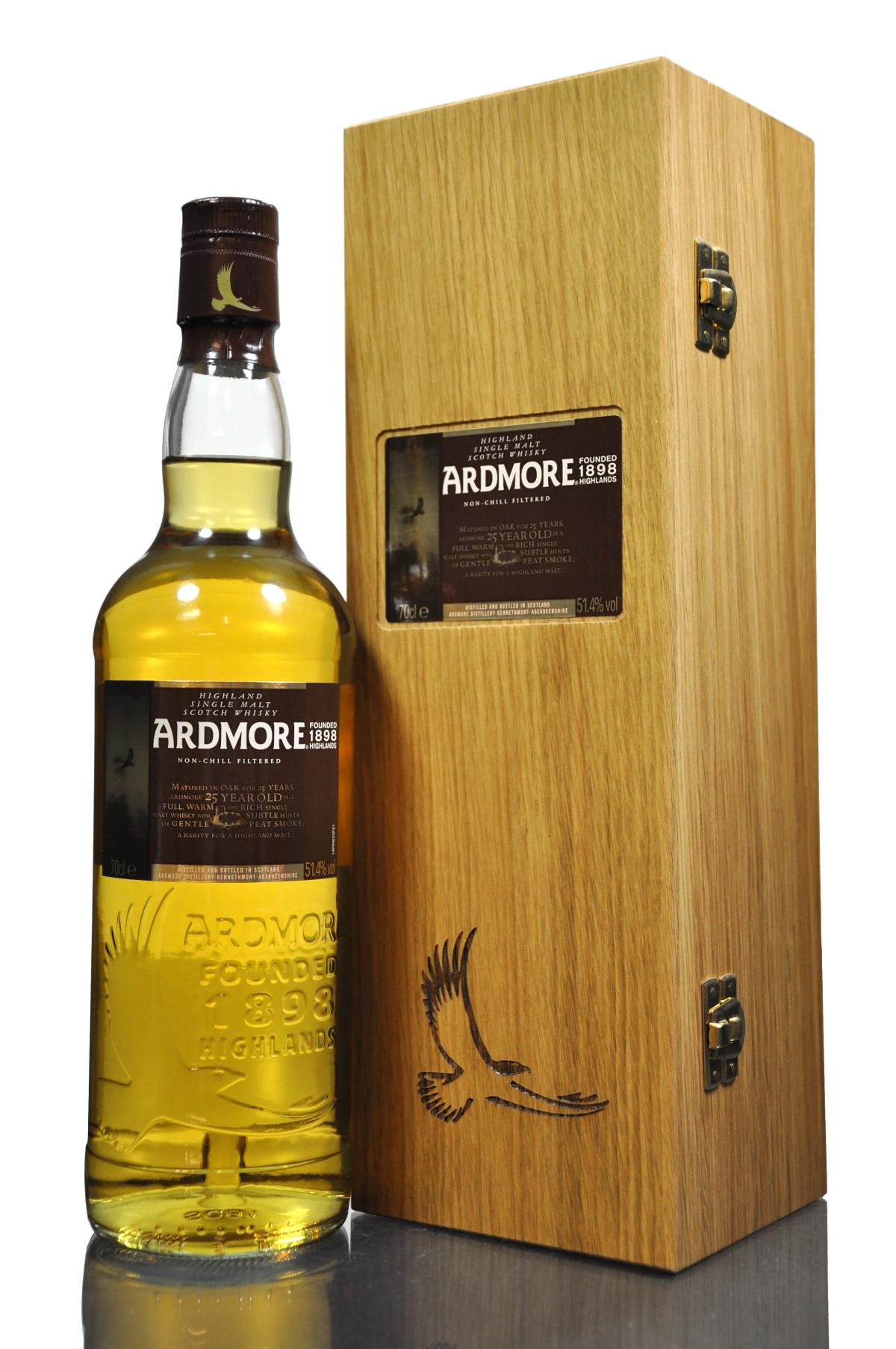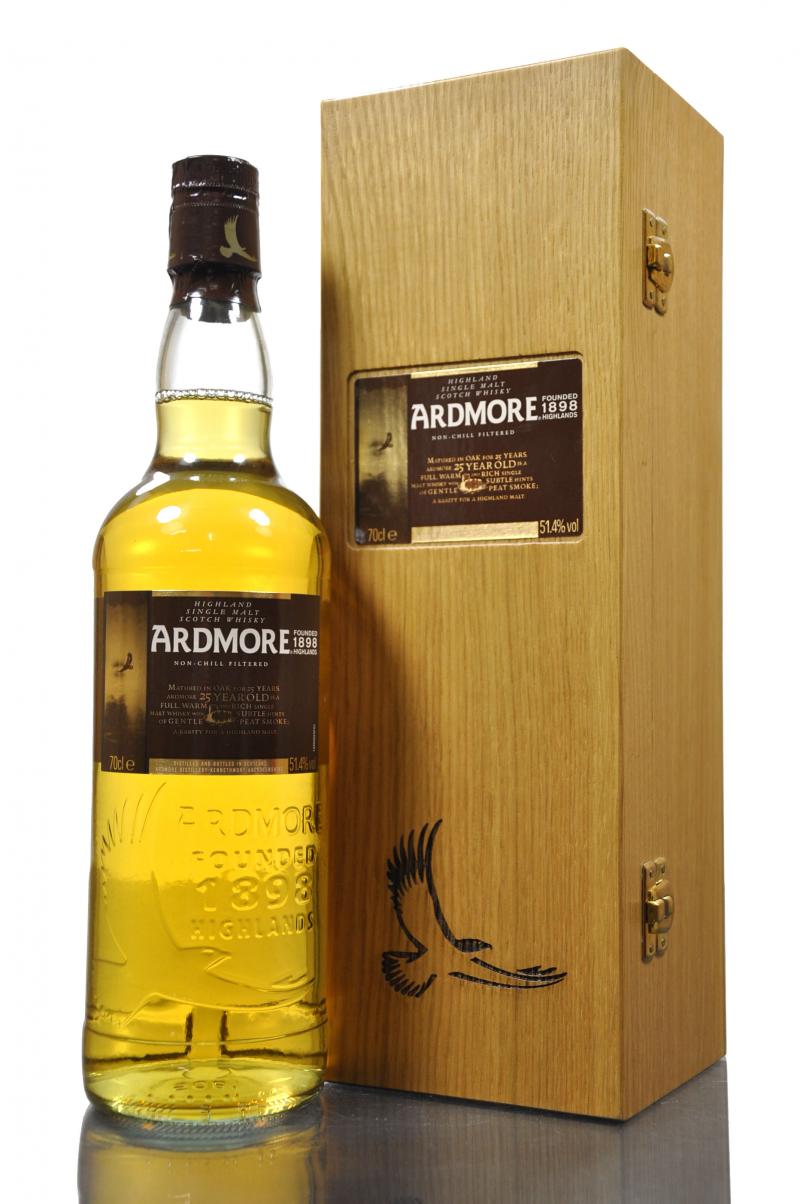Total Lots Sold:
6
View Lots
Do you have this bottle for sale?
SELL IT TODAYHAMMER PRICE OVER TIME
This graph displays data solely from Whisky-Online Auctions past sales history. Please note the filling level of the liquid and the condition of an item can affect the price negatively, so please check individual Lot sales below if there's a sudden dip in the graph.
HAVE ONE FOR SALE?
Submit your details along with an image and a description of your bottle. We'll then be in touch with the best way to proceed.
WHY SELL WITH WHISKY-ONLINE AUCTIONS?
0% Sellers Commission
Free Collections Available
Over 30 Years In The Whisky Industry
Over 1,700 Five Star Trustpilot Reviews
We Sell The Rarest Whiskies Ever Bottled
Global Buying Audience Including Far East Buyers
Bespoke Auction Platform
Thousands Of Active Bidders
Large Database Of Newsletter Subscribers
Over 36k Social Media Followers
Ardmore 25 Year Old - 2008 Release
Ardmore 25 Year Old. Bottled 2008. 70cl. 51.4%.
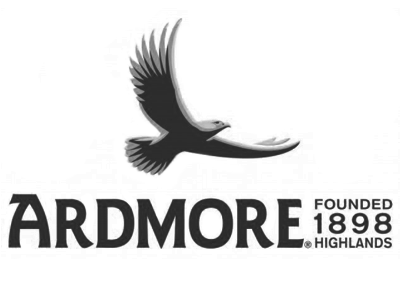
Ardmore is a Highland malt whisky distillery founded in 1898 by the Teacher’s family to supply single malt whisky for their famous blend. Teacher’s was taken over by Allied Breweries in 1976, by which time Ardmore had expanded to eight stills. Allied was itself swallowed by Jim Beam Brands in 2005, and Ardmore was launched as a single malt in 2007 with the release of Ardmore Traditional Cask. Jim Beam merged with the Japanese drinks giant Suntory in 2014.
Ardmore makes both peated and unpeated spirit, but only the peated version is bottled as single malt. Prior to the Jim Beam takeover, the only official Ardmores were a handful of legendary heavily sherried 1970s bottlings by Teacher’s and a pair of centenary bottlings from 1999. Under Beam/Suntory, official Ardmores are now widely available, while independent Ardmore is abundant and generally of excellent quality.
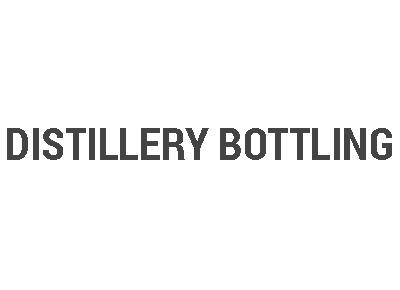
Distillery bottlings are, as the name suggests, bottled by or for the distillery from which the whisky has originated and are thus often referred to as Official Bottlings or OBs. Distillery bottlings are generally more desirable for collectors and usually fetch higher prices at auction than independent bottlings. They are officially-endorsed versions of the whisky from a particular distillery and are therefore considered the truest expression of the distillery’s character.
This ideal of the distillery character is regarded so seriously by the distilleries and brand owners that casks of whisky that are considered to vary too far from the archetype are frequently sold on to whisky brokers and independent bottlers. When this happens, it is often with the proviso that the distillery’s name is not allowed to be used when the cask is bottled for fear of diminishing or damaging the distillery’s character and status.


